Bloating
Struggling with bloating? Here’s what you need to know to find relief.
ALL TEST ARE ACCREDITED & REGULATED BY
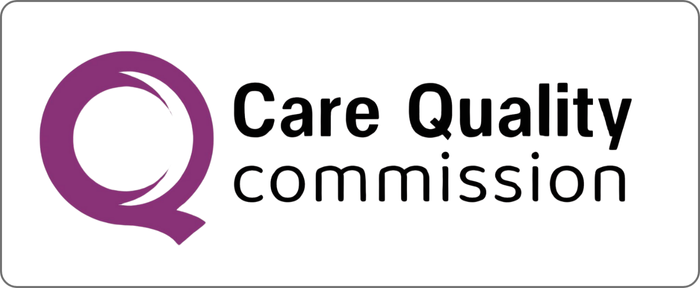
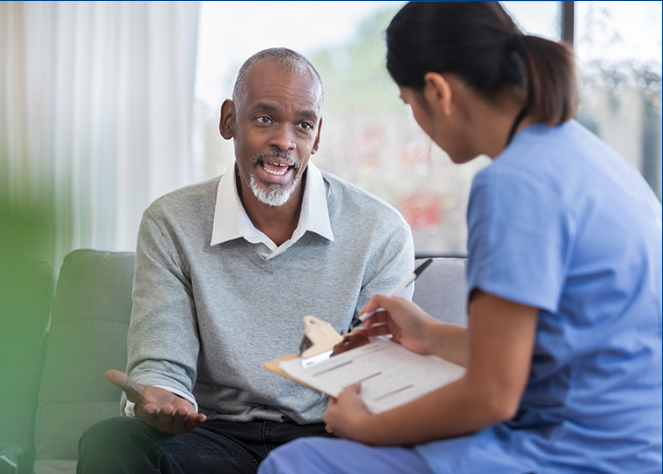

What is bloating?
When you’re bloated, your stomach or abdomen can feel full and uncomfortable, or even painful.
This bloating happens when your gastrointestinal tract contains too much gas or air. Bloating can be mild, or more severe, and may present as:
– A visibly distended or swollen abdomen
– Feeling very full and uncomfortable
– Feeling of tightness in the abdomen
– Excess gas – belching and/or flatulence
– Rumbling or gurgling
There are several causes of bloating, so it’s important to diagnose the cause of your bloating and find out why it’s happening to you.
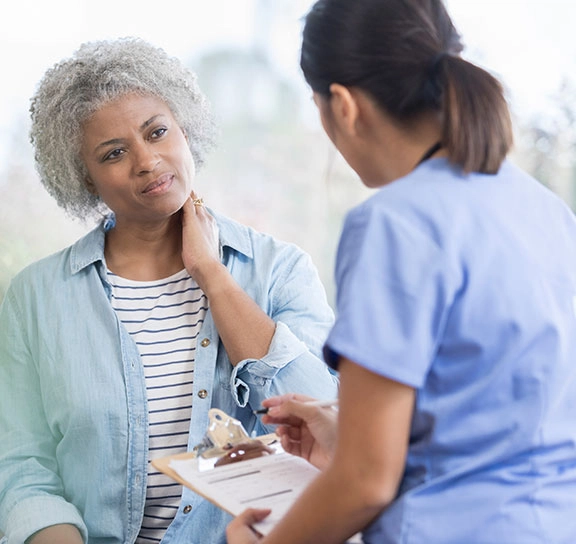
Why does bloating happen?
Prolonged periods of bloating could indicate an underlying health problem, if so you should see your GP.
Possible causes can include:
Irritable bowel syndrome (IBS diagnosis)
Ulcerative colitis, a form of inflammatory bowel disease (IBD), where the inner lining of the large bowel is inflamed and develops ulcers
Crohn’s disease, the other form of IBD, where some parts of your colon are inflamed
Too much bacteria in your small intestine (called small intestinal bacterial overgrowth, or SIBO)
Gastroesophageal reflux disease
Food intolerances, especially lactose or fructose intolerance
Producing too much gas (dysbiosis and fermentation)
Weight gain
Stress or anxiety
Delays in your food and drink moving on from your stomach (called gastroparesis)
Eating too quickly, so that you swallow too much air (called aerophagia)

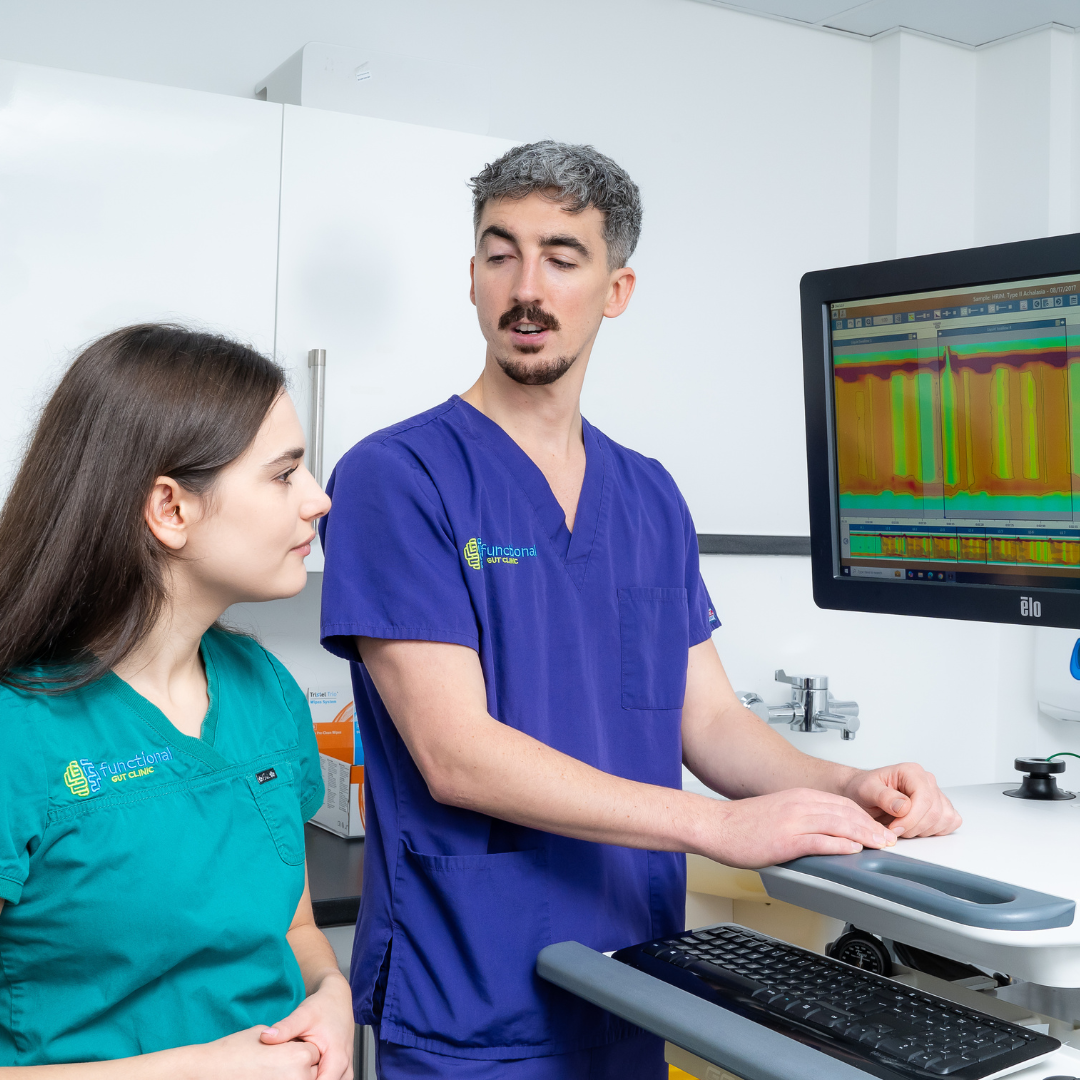
Diagnosing bloating
Feeling bloated is no fun, but once you know what’s going on you can start to manage your symptoms and the underlying causes.
Testing options:
At the Functional Gut Clinic, we can run the following tests to diagnose the causes of bloating:
Gastric emptying test– which measures how quickly food leaves your stomach
Carbohydrate malabsorption breath test– which finds out if you have certain food intolerances (lactose or fructose)
Small intestinal bacterial overgrowth (SIBO) breath test– which finds out if you have an overgrowth of bacteria in your small intestine (called SIBO)
Oesophageal manometry– which measures the function of your oesophagus (food pipe)
24-hour pH impedance monitoring– which looks at whether you have any reflux
Colonic transit study-a non-invasive test which looks at how long it takes for faeces to pass through your bowl
Learn more about bloating

Can Coffee Cause Heartburn? Causes, Triggers & Relief Tips
Coffee is one of the most common triggers for heartburn and acid reflux. For some people, even a single cup can bring on heartburn symptoms, burning in the chest, regurgitation, or discomfort after meals.
It might be the world’s favourite morning beverage. However, for many people, it can cause havoc on their digestive system in part due to the high caffeine levels.
That’s because coffee naturally relaxes the lower oesophageal sphincter (LOS) — the valve that keeps stomach acid where it belongs — making it easier for acid to travel back up the food pipe. It can also stimulate acid production in the stomach, compounding the problem.
Does Coffee Trigger Heartburn?
In short, yes.
But it’s not anything specific to coffee — it’s the high caffeine levels. Caffeine is a stimulant for the brain, responsible for increasing alertness and reducing fatigue. However, in the stomach, it relaxes the LOS, which acts as a valve preventing the backflow of acid from the stomach into the oesophagus.
In a 2019 study of women drinking different beverages, coffee intake was linked to gastro-oesophageal reflux disease (GERD) — the name for persistent acid reflux.
How Coffee Causes Heartburn
Coffee is one of the most caffeinated beverages most people drink. Just a regular 8-ounce serving of black coffee can contain 96 mg of caffeine, which is comparable to four cups of green tea and is higher than the average energy drink (80 mg).
These high caffeine levels are primarily responsible for heartburn and other acid reflux symptoms. But it’s not the only culprit in coffee that triggers heartburn.
Other natural compounds in coffee also play a role, such as:
Acids (chlorogenic acid and quinic acid): Coffee is acidic, and these compounds can irritate the stomach lining and contribute to acid reflux.
Catechols: Naturally occurring compounds that stimulate the stomach to produce more acid.
N-methylpyridinium (NMP): Formed during roasting, this compound can actually increase acid production in some people.
Oils (like cafestol and kahweol): Present in unfiltered coffee (e.g. French press, espresso), they may contribute to gastrointestinal irritation.
Other stimulants (like theobromine and theophylline): These can also relax the LOS, making reflux more likely.
One thing to watch for is the roast. The darker the roast, the less caffeine content. That’s why light roasts are sometimes labelled as “breakfast coffee.” Moreover, lighter roasts are more acidic, but they do have lower levels of catechols. Overall, lighter roasts are more acid-inducing — though problems with darker roasts still happen as the differences are fairly minimal.
Does Tea Also Affect Heartburn?
Tea also contains caffeine, so it can increase the levels of heartburn and GERD. However, the actual concentration of caffeine in tea depends on the type of tea and time steeped. Black tea and longer steeping times lead to higher amounts of caffeine, while herbal teas containing little to no caffeine.
Not sure which tea to go for? Well, here’s a quick overview of their caffeine concentrations (per 8-ounce serving):
Black tea: 64-112 mg
Oolong tea: 29-53mg
White tea: 32-37 mg
Green tea: 24-39 mg
Herbal teas (e.g. ginger, camomile, rooibos) are considered caffeine-free. However, spearmint and peppermint teas, while considered caffeine-free herbal teas, can still exacerbate heartburn in some people.
What Types of Coffee Are the Worst for Heartburn?
Not all coffee is created equally. The same variety in taste also applies to its effects on your health. Coffee isn’t inherently bad, in fact it’s a major source of antioxidants and can support gut health. The key is moderation and making sensible choices.
Certain types are more likely to bring on reflux symptoms:
Light roasts: Higher in acidity and slightly higher caffeine content, which can stimulate stomach acid production and LOS relaxation.
Unfiltered coffee (e.g. French press, espresso): Contains more oils like cafestol and kahweol that may irritate the stomach.
Large lattes and cappuccinos: The combination of caffeine and milk can increase acid reflux in sensitive people.
Drinking coffee on an empty stomach: More likely to cause irritation and discomfort.
Added sugar: High amounts of sugar may increase acid reflux risk, so opt for your coffee without all the sugar and syrups if possible.
Try choosing darker roasts or cold brew as they are usually lower in acidity and may be a little lighter on the stomach.
Does Decaf Coffee Still Cause Heartburn?
Yes, but not to the same extent. As mentioned, it’s not just caffeine that causes heartburn. The presence of the oils and acids in coffee, including decaf, can still irritate the stomach.
However, overall, decaf is a much milder option, especially among people who still want a morning coffee without the burn.
Tips for Drinking Coffee Without Heartburn
You don’t have to give up your morning coffee. With a few sensible tips, you can enjoy a cup of coffee while minimising your risk of heartburn.
Try these tips:
Choose dark roasts or cold brew for lower acidity.
Opt for filtered coffee instead of French press or espresso.
Limit yourself to one small cup per day.
Avoid drinking coffee on an empty stomach.
Give decaf a try.
Get Tested If You Have Persistent Heartburn
Coffee isn’t the only cause of heartburn. Nor is it normal to get severe heartburn from a single cup. Often, there’s an underlying condition that’s gone undiagnosed here.
The Functional Gut Clinic offers a range of tests to confirm acid reflux and identify the cause. We’re experts in the diagnosis and treatment of gastro-related conditions. Get in touch today to take the first step towards relief.
Hear from people we’ve helped, just like you.
"Very professional while welcoming and friendly"
"The manner and demeanour of all staff from reception to people carrying out the test was very professional but welcoming and friendly. Atmosphere is very relaxed and all instructions clear and concise."
London Patient

"Highly recommend this"
"Thanks to Dr Hobson and everyone at the Functional Gut Clinic. The whole team is very kind and generous and they are doing things that are cutting edge and they actually get results."
Manchester Patient

"Highly recommend this"
"After stopping my lansoprazole, every time I had a warm drink, I could feel it burn all the way down to my stomach. Thank you to Sam for making me feel at ease." - Manchester Patient

"My experience could not be better"
"Pleasant and knowledgeable staff that made the experience more enjoyable than it should be!" - London Patient

"Very friendly and knowledgeable"
"An excellent service from beginning to end. I would recommend to anyone who was considering having testing done. Very friendly and knowledgeable!" - Manchester Patient

"Very kind and helpful"
"It was also great to have time to talk to the clinicians – very important when you have problems. Reception staff also very kind and helpful." - Manchester Patient

Are you experiencing any other symptoms
Symptoms are often closely connected. Find out more below.
Reflux
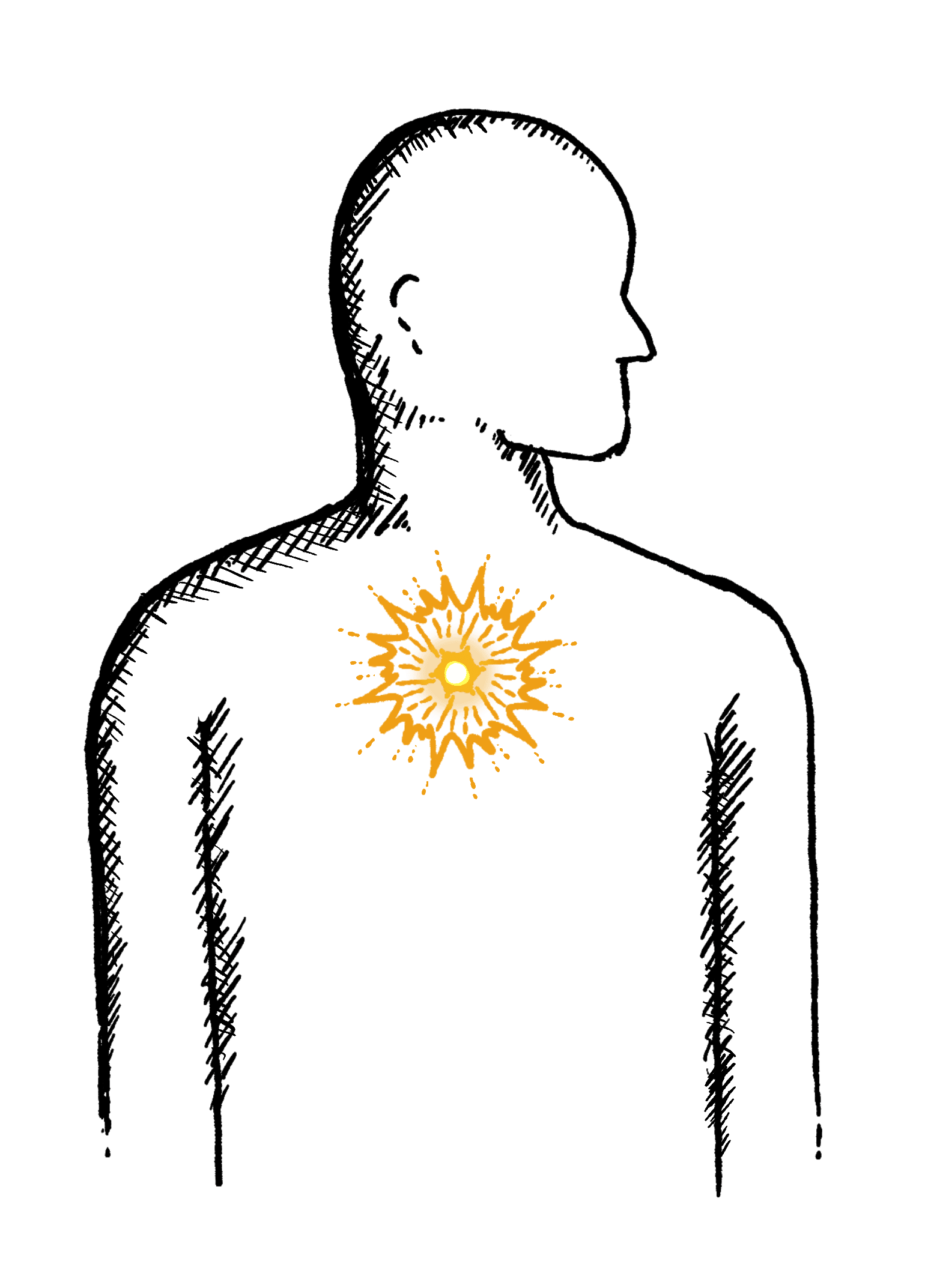
Burning mid-chest, worse when bending or lying down
Constipation
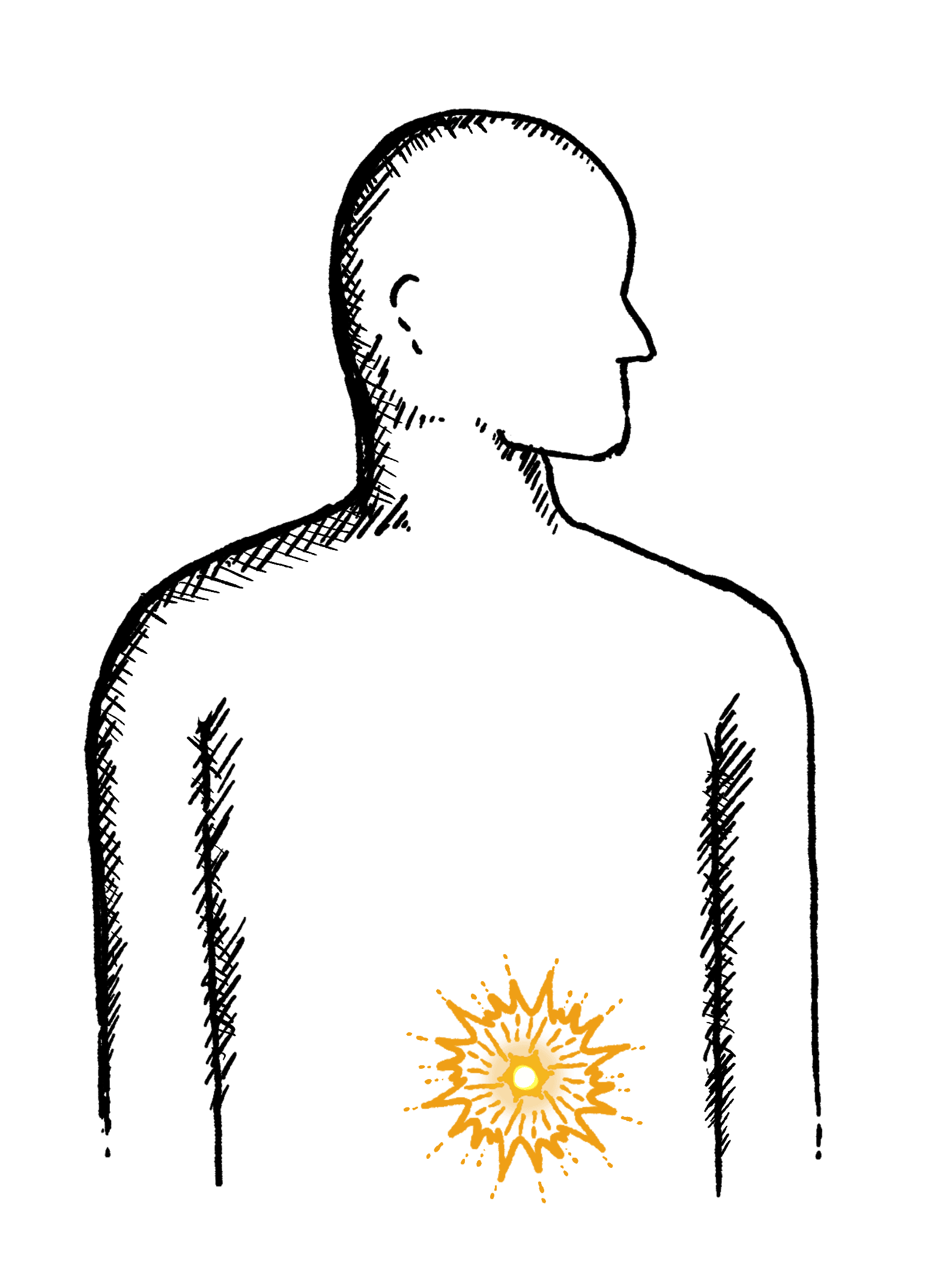
Difficulty going to the toilet, unusual stools, often with stomach ache or intestinal cramps, bloating, nausea or appetite loss
Heartburn

A burning pain in your chest, just behind your breastbone.
The pain is often worse after eating...
Regurgitation
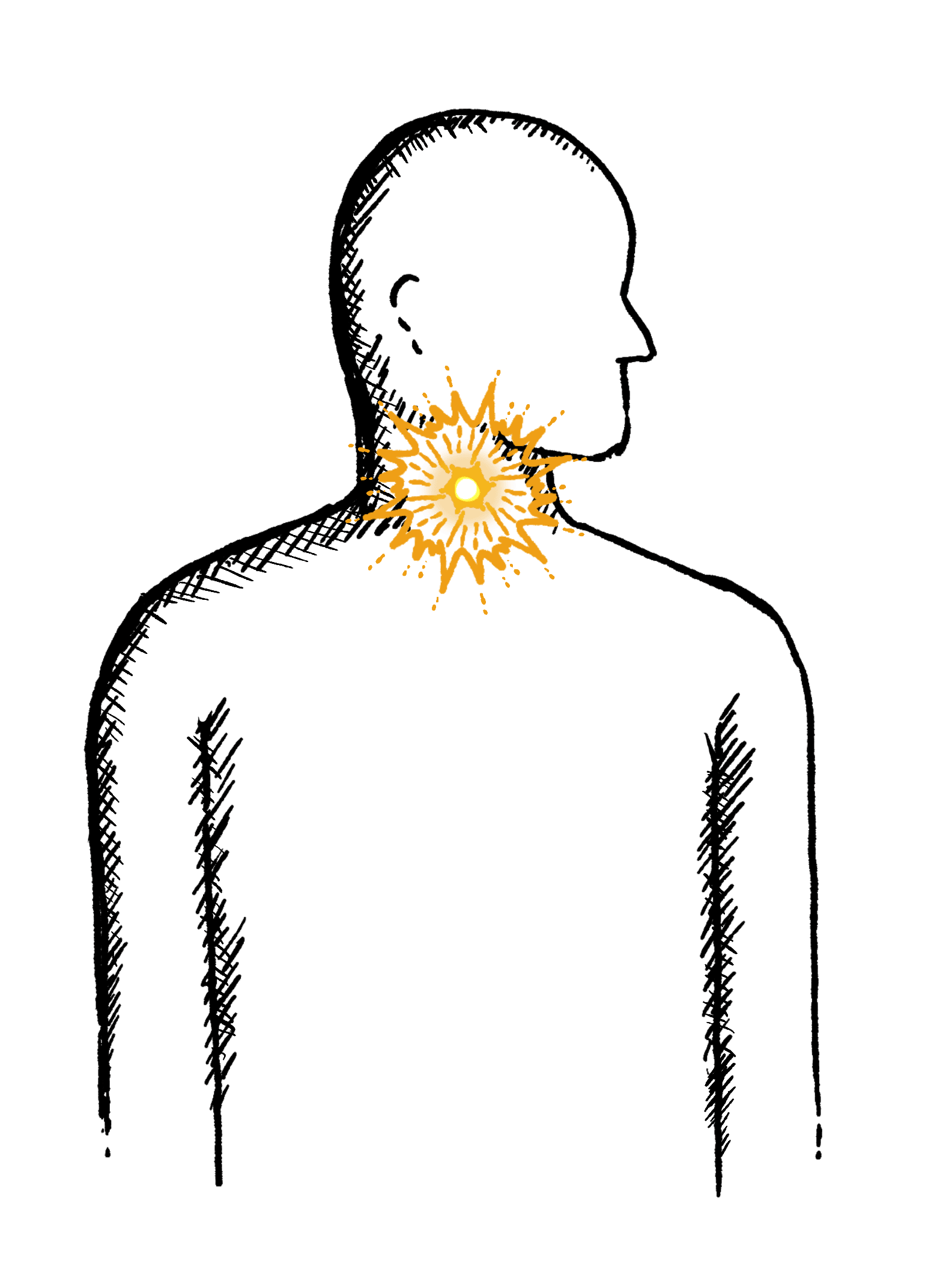
Bringing food or drink back up, difficulty swallowing, feeling that food or drink is stuck in your throat, horrible taste in your mouth
Swallowing Issues

Dysphagia - difficulty swallowing, feeling that food or drink is stuck in your throat, horrible taste in your mouth
Diarrhoea
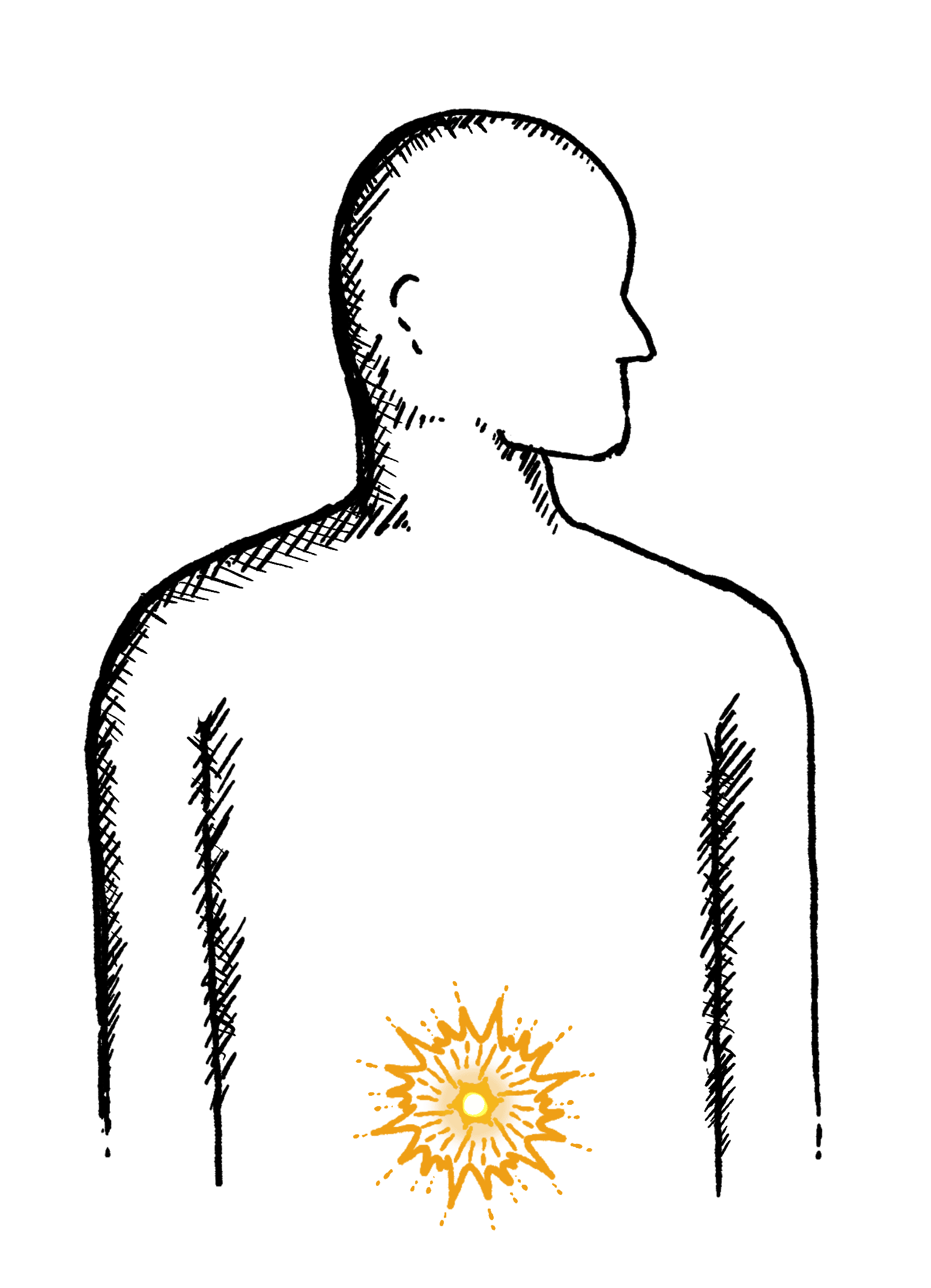
Loose or explosive stools, can’t get to a toilet in time
Abdominal Pain
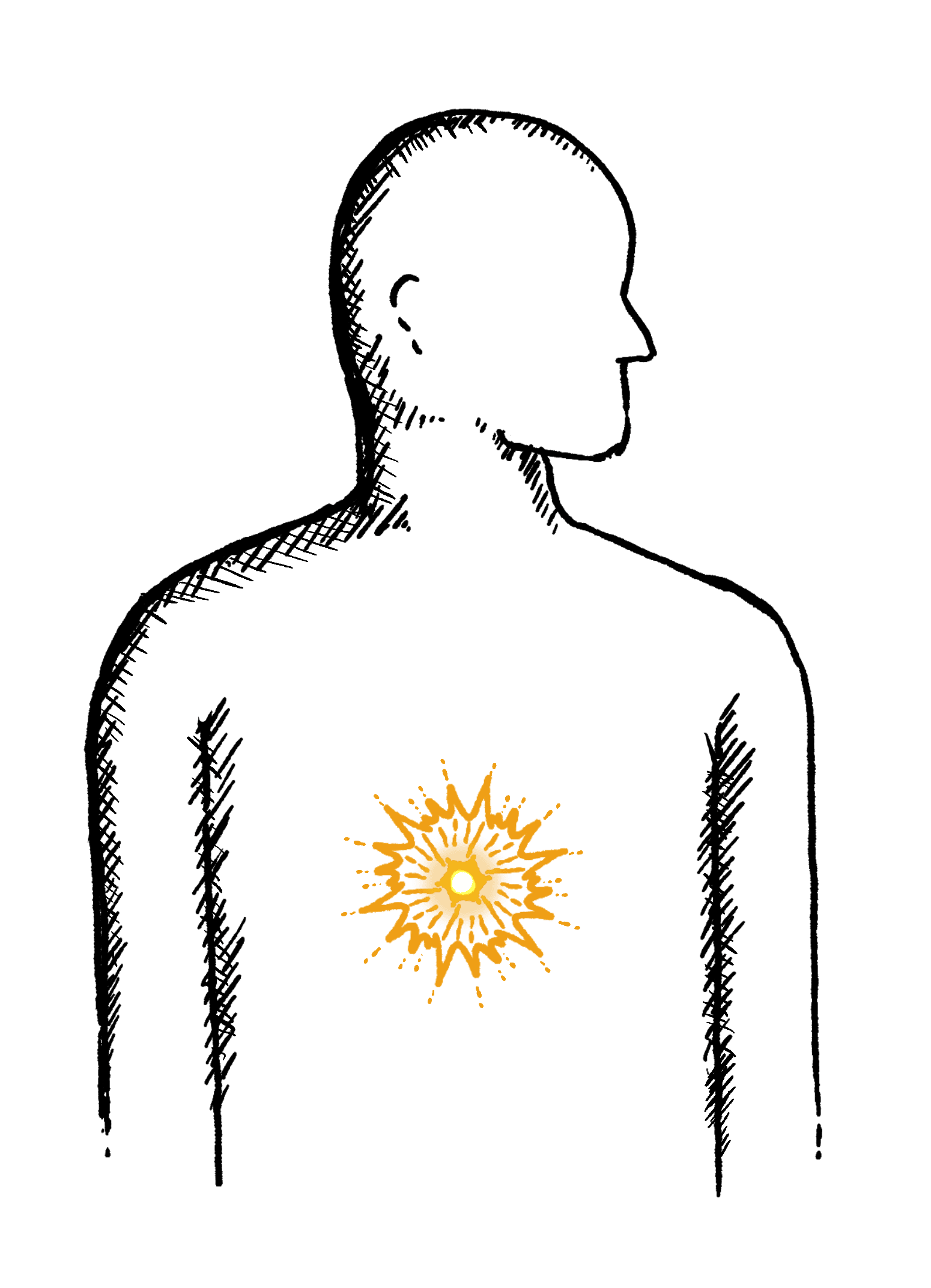
Cramps; sharp or dull pain, Bloating, Excessive belching, Nausea or vomiting
Faecal Incontinence

Stools leak unexpectedly, Can’t get to a toilet in time
IBS
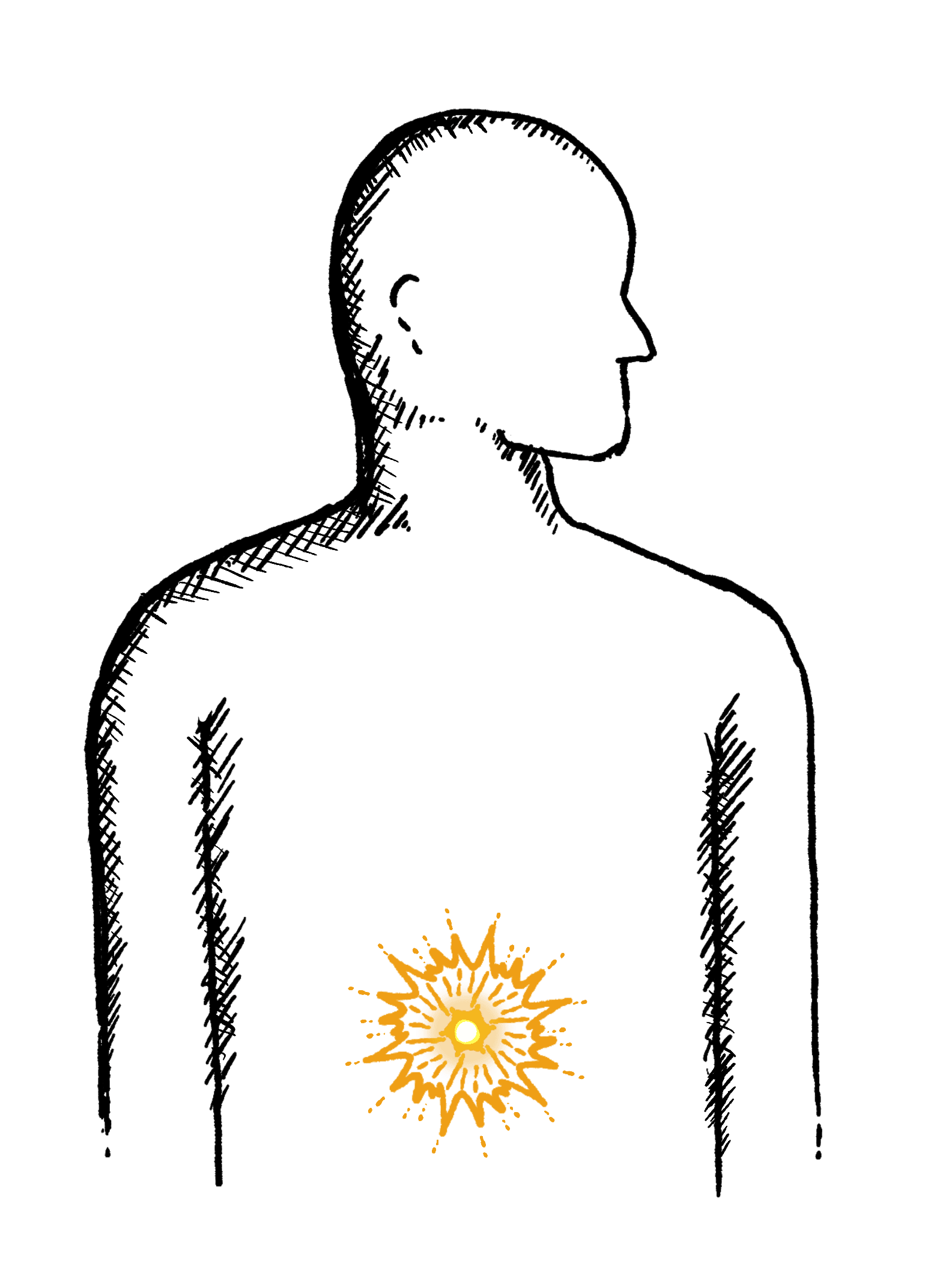
Abdominal pain or cramping, bloating, changes in bowel habits and urgency, gas

